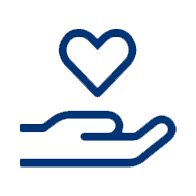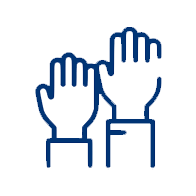Recovery takes time. It is important to allow yourself time to process your circumstances. There are things you can do to support healing and recovery from a natural disaster.
1. Recognise when it’s getting too much – watch out for signs of stress and get extra support when needed. Allow yourself extra time to get things done.
2. Talk to someone you trust – release your emotions and tension by talking to someone you trust.
3. Develop a financial action plan – summarise your financial situation and discuss your options with your bank to alleviate financial stress where possible.
4. Take care of yourself – try to get back to your normal routine when you feel ready. Wherever possible, schedule extra time for things you enjoy or that you find relaxing. Remember that healthy eating, exercise and having enough sleep will support healing and recovery.
5. Connect – strong support networks can provide emotional or practical support. Lean on family and friends, explain your needs and tell them how they can help.
6. Consider professional help – if you don’t feel some return to normal after four weeks, seek professional help (earlier if needed). Your GP is often a good starting point.
Getting through bushfire, floods and extreme climate events – Toolkit











